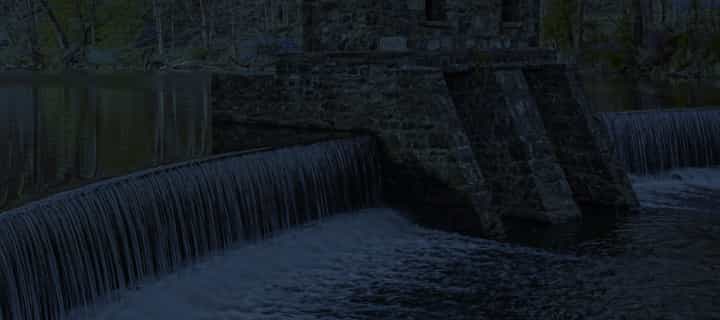New Jersey Slip and Fall Accident Liability
Request a Free ConsultationIf you have been injured in a slip and fall or trip and fall accident caused by dangerous conditions on someone else’s property, you have rights. To ensure that your rights are protected and you receive the compensation you may deserve, an experienced slip and fall injury attorney can assist you in determining who was at fault for your injuries and hold them accountable for their negligence.
Responsibility for Slip and Fall Accidents
Property owners, managers, and caretakers have a legal responsibility to keep their property free from known hazards that could cause serious injury. That means making reasonable efforts to clean up spills, repair broken steps, and keep walkways clear of trip hazards. That being said, accidents do happen, and just because they sometimes happen on someone else’s property does not always mean that they are the property owner’s fault. True liability depends on whether or not the person in control of the property was negligent in their duties.
Negligence in premises liability cases is similar to other areas of civil law, such as products liability. Negligence occurs when a person or entity has a duty of care towards another, breeches that duty, and that breech is a direct cause of injury or harm. However, the rules that guide a determination of negligence in a slip and fall case are unique, complex, and full of exceptions.
Determining Factors in Owner Liability
Issues that may be a factor in determination of a property owner’s liability may include the relationship between the injured party and the property owner. The level to which a property owner has a duty of care towards persons on their property may depend on whether the injured person was an invitee, a licensee, or a trespasser.
- Invitees: Property owners who invite the public to enter their property for business purposes are held to the highest standard of care. This includes restaurant managers who invite customers to dine in their establishments, as well as office managers who invite a plumber to fix a leaky pipe. These owners are required to make regular inspections of their property to look for hazards, place adequate warnings regarding possible dangers, and make corrections within a reasonable time.
- Licensees: Licensees include those who have a right to enter and remain on the property with the consent of the owner, including social guests. In most cases, property owners are not required to inspect their land for hidden dangers. However, if the owner knows or should know that a danger exists, the owner must either provide a warning or make the condition reasonably safe. What the courts decide is a reasonable effort may depend on numerous factors and can vary by case.
- Trespassers: A trespasser is any person who enters or remains on another person’s property without the owner’s permission. Owners have a duty to refrain from willful acts that cause injury to trespassers. This rule is modified, however, in the cases where the trespasser is a child. Because children may lack sufficient discretion for their own safety, property owners who allow artificial conditions to exist on their property that would reasonably entice a child to enter may be held liable if the child is injured. In these cases, the owner has a duty to eliminate the danger or install proper safeguards. Examples include swimming pools or unsafe play equipment.
Comparative Fault
Though property owners must make reasonable efforts to keep their land safe, individuals who enter also share some degree of responsibility and must exercise reasonable caution when encountering a potentially dangerous walking surface. Twenty-one states, including New Jersey and Pennsylvania, follow a rule that prohibits an injured party from recovering damages if they were 51% or more at fault for the slip and fall accident. However, an injured party can recover damages if they were 50% or less at fault, but the total amount recovered would be reduced by the degree of fault.
Status of the Person in Control of the Property
Property owners themselves are not always in control over the conditions of the property. Government agencies and controllers of public spaces, property managers, caretakers, repair companies and landscaping services may also be held liable for injuries caused by their intentional or negligent behavior. The duty and scope of legal responsibility may change depending on the status of the person or entity in control.
Nature of the Dangerous Condition
Not all hazards are considered equal. The source of the hazard, its location, and whether or not the condition created a foreseeable risk of injury are all factors that are considered when establishing liability in a slip and fall case.
Contact our team to learn more about New Jersey slip and fall accident liability.
